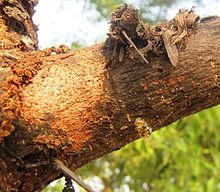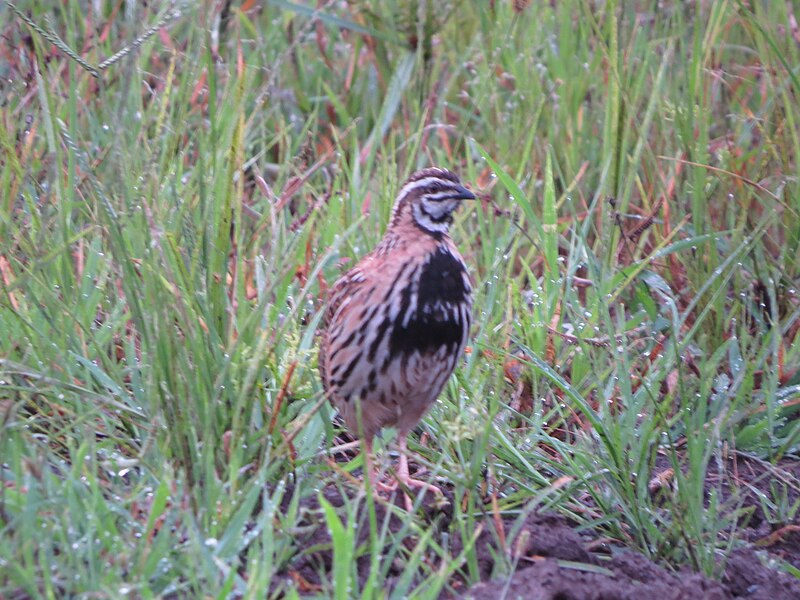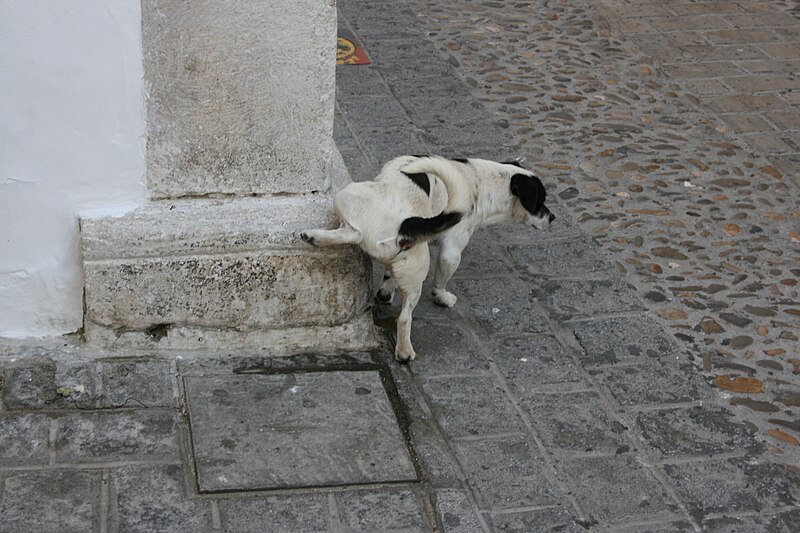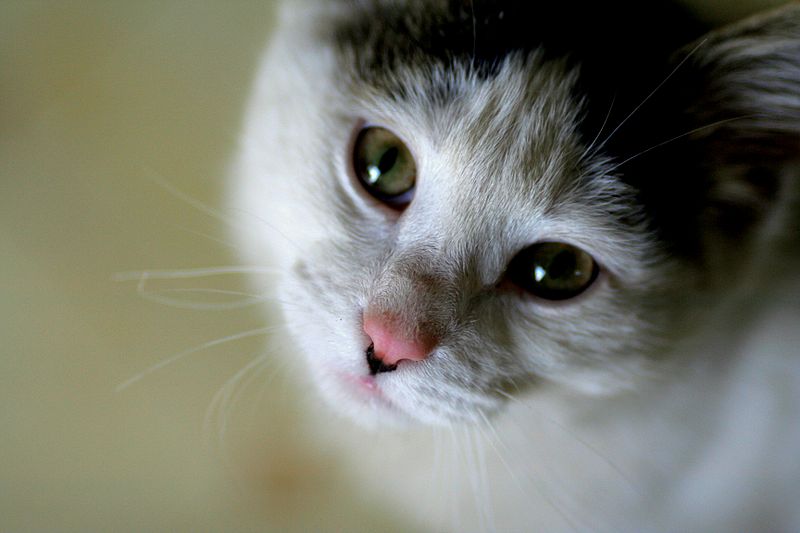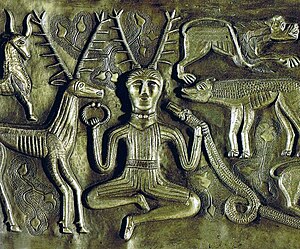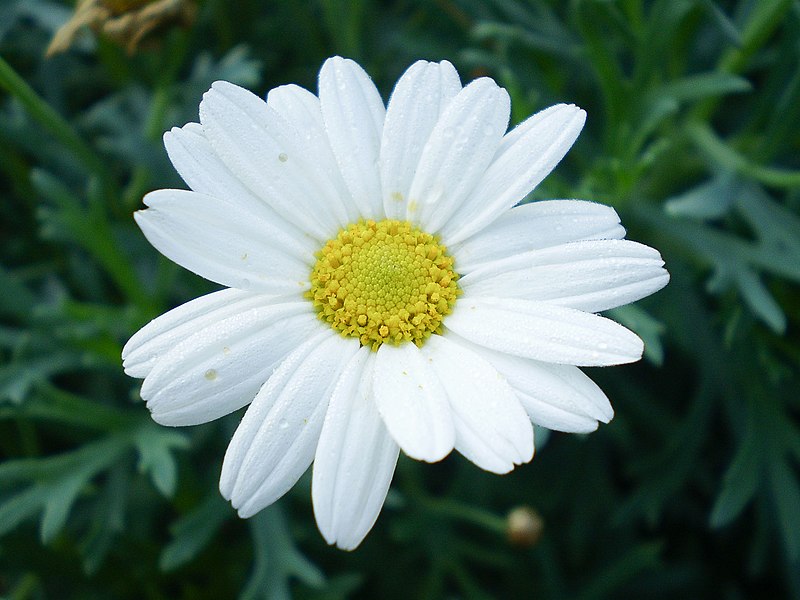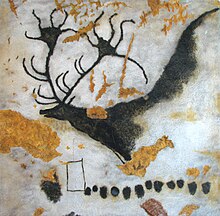An etymon is a word that's given rise to another. It's sometimes called a root, or a stem (which is interesting in itself).
For instance, the etymon of the word scullery is the Latin scutra, a flat tray.
Though what use a non-flat tray might be I cannot imagine.

Men pulling a rock, lacquer, 1600s. Photo by Daderot
Word To Consider Today: etymon. Pleasingly, the etymon of the word etymon is etymon, which means true sense in Greek.

